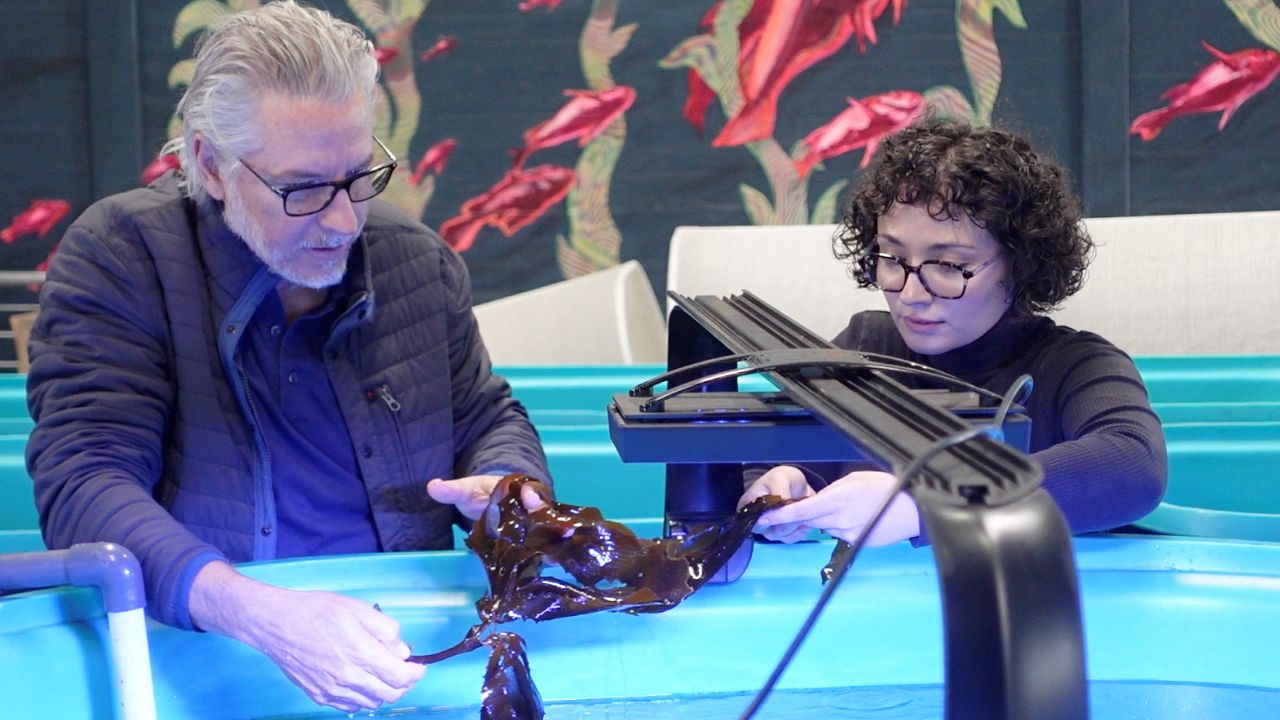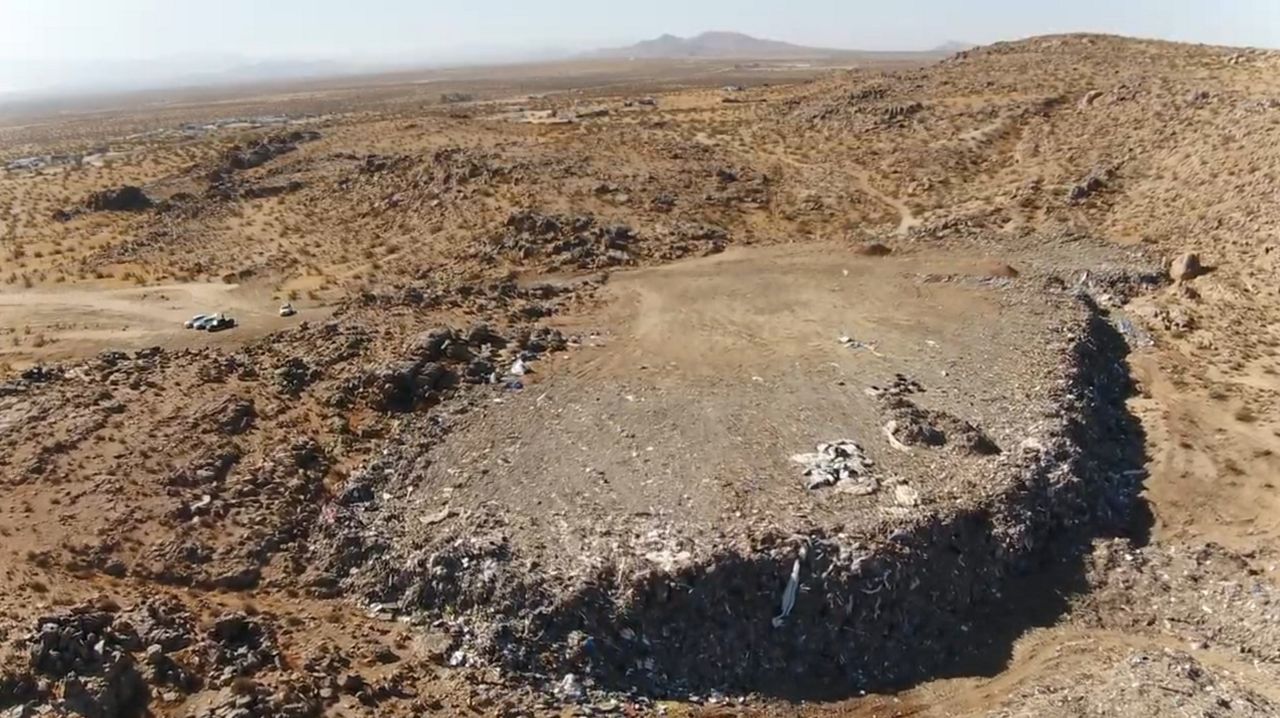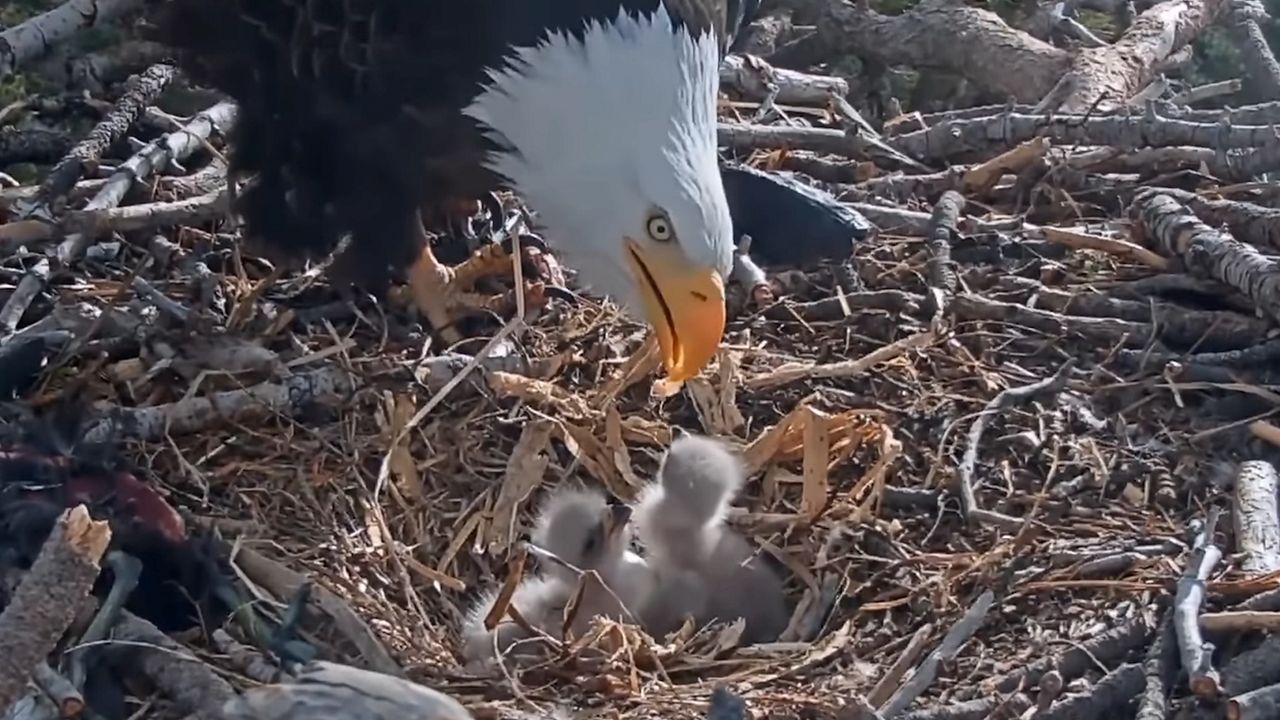The coronavirus has turned our world upside down and now, the plastic masks and PPE we've relied on threaten to turn our world inside out for generations. Is there anything that can be done?
Here are five things to know:
- Since the pandemic began, research has uncovered that countries all around the world have generated over 8 million tons of plastic waste, a good percentage of which has ended up in our oceans. Studies are predicting that the trillions of face masks and gloves will have a huge, long-term impact on the ecosystems of our oceans and beaches.
- The problem lies in the fact that the face masks we wear are made of polypropylene, the same plastics we’ve been trying to avoid with drinking straws. They’re difficult to recycle, and in fact, a great deal of all PPE isn’t recyclable at all.
- Because they are produced so cheaply, they mostly end up in a landfill, especially when there’s no formalized structure to process used PPE and transform it into new masks and new PPE. But there could be some exciting new uses ahead!
- A casino in Las Vegas is pledging to recycle the masks used by its employees into railroad ties and plastic decking. In France, a company collects tens of thousands of masks, molding them into brand new visors. A mask designed by the Dutch can be planted and it's biodegradable, allowing the seeds embedded in it to grow into flowers.
- Australia is considering using over 90 tons of used PPE to create plastic-mixed roads and pavements.
However, we’ll have to get moving on these initiatives quickly because one thing is for sure: If we don’t, we’ll lurch from a global pandemic right into a global plastic catastrophe for which the organisms and animals on our planet might never forgive us.











